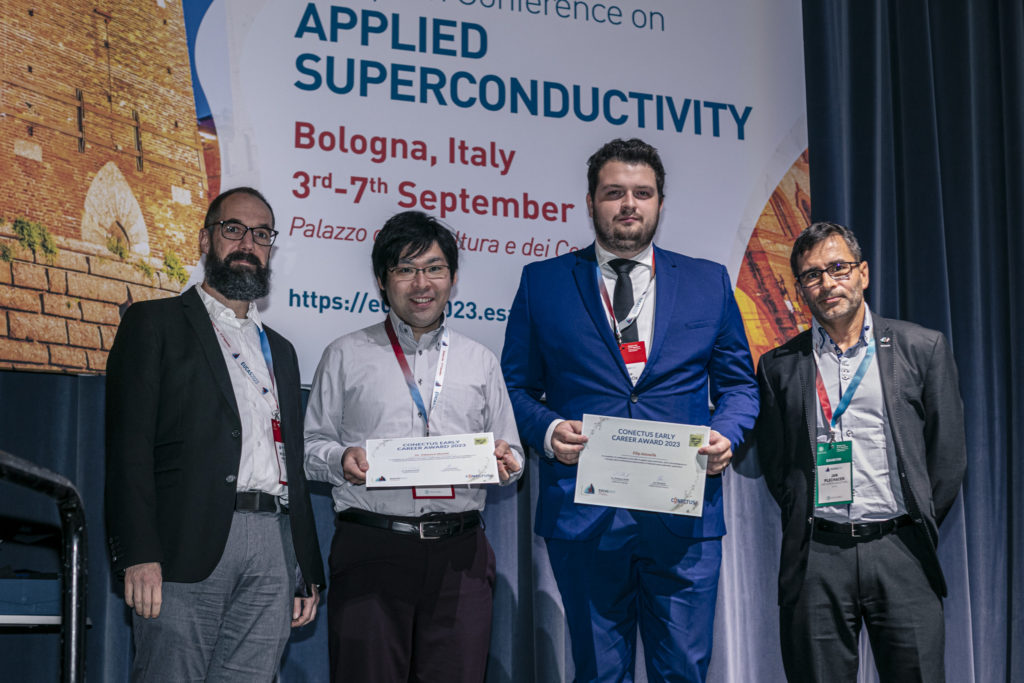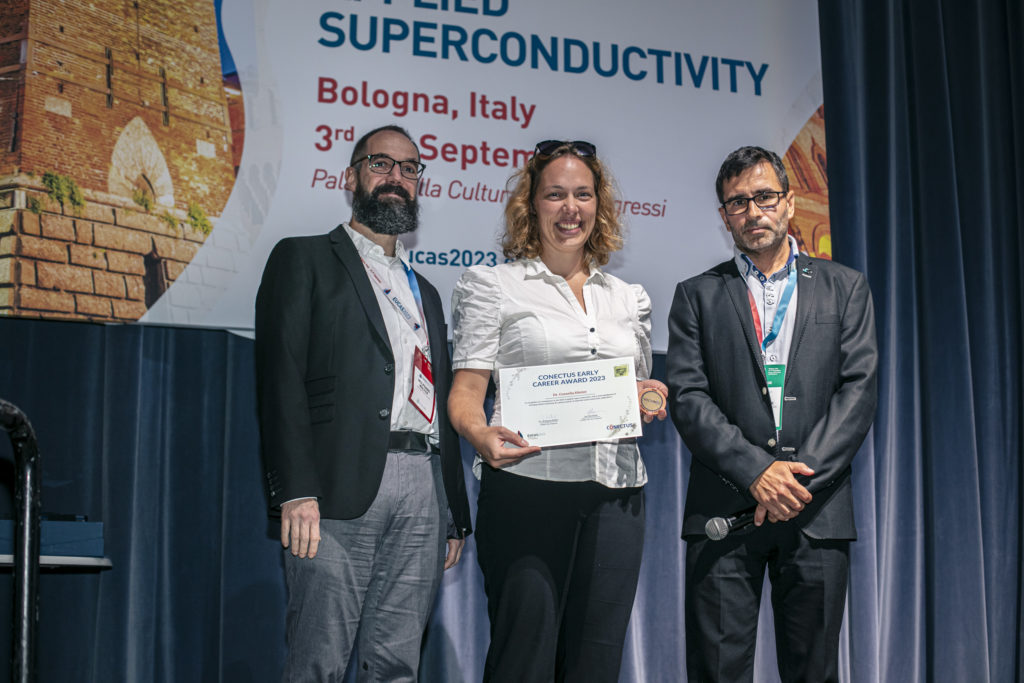We are happy to annonce a new CONECTUS member. SUBRA is a Danish company focusing on innovation, industrial scale production and making a sustainable impact through energy technology development and global collaboration. Founded in 2014, SUBRA A/S is a spin-out from the Technical University of Denmark and is based on more than 15 years of innovation and research in superconductor technology and surface science.
 Jan Plecháček
Jan Plecháček
9th International Workshop on Numerical Modeling of High Temperature Superconductors
Cryogenic Engineering Conference & International Materials ConferenceeJune 10-13, 2024 | Bad Zurzach, SWITZERLAND WEB: https://indico.psi.ch/event/14456/overview
European Workshop on Superconductivity for Sustainable Energy Systems and Particle Accelerators
Institutes and Industry joined forces for an international workshop on the impact of superconductivity for increased sustainability of energy systems and particle accelerators. The workshop was hosted by the GSI, Gesellschaft für Schwerionenforschung mbH a Helmholtz institute at Darmstadt, Germany and was organized by GSI together with CONECTUS, the European association of companies in superconductivity.
From October 18th to 20th 2023 experts on superconductivity discussed recent progress in the development of superconducting material and devices for enhanced sustainability. The workshop was a great forum for exchange between the communities of accelerators and energy systems, and also for communication between participants with a research or industrial background. Renowned representatives from European research institutes and European industry presented the latest developments in the field and discussed their respective presentation with the audience. The presentations were supplemented by a general round table discussion on the most pressing questions regarding the development and use of superconducting devices to enhance sustainability. GSI experts from technology transfer contributed to and moderated this round table. Moreover, the workshop host GSI organized a guided tour of the impressive FAIR project currently under construction. This was a good conclusion to an intensive and successful event.
CONECTUS would like to thank the organization team of GSI, headed by Peter Spiller, for the excellent collaboration in the organization of the event and for the hospitality to also host the CONECTUS Annual General Meeting as a side-event.
For further information, please see:
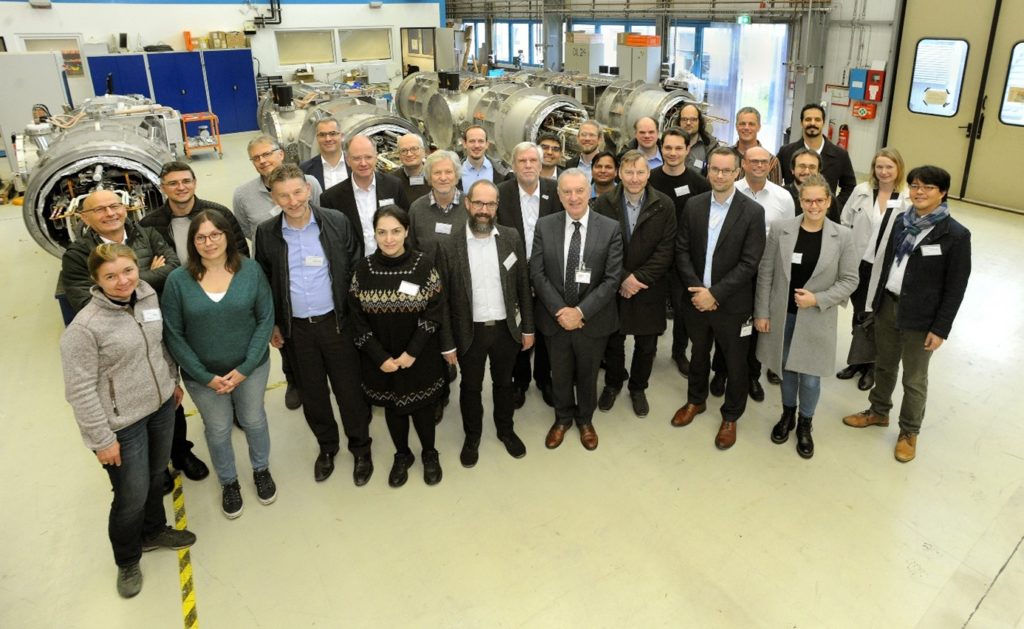
Summer School on Superconductivity
ESAS Summer SchoolJune 24-28, 2024 | Prague, Czech Republic WEB: www.conectus.org/summer-school
ICEC/ICMC 2024
29th International Cryogenic Engineering Conference, International Cryogenic Material ConferenceJuly 22-26, 2024 | Geneva, SWITZERLAND WEB: https://icec29-icmc2024.web.cern.ch/
CONECTUS will host Summer School in Prague
The ESAS Summer School on Superconductivity organized and hosted by CONECTUS will take place in Prague, Czech Republic, on June 24-28, 2024. Given the nature of CONECTUS Association, in addition to general theoretical topics, our School will be focusing mainly on practical applications and also showcase industrial use of superconductivity. More info.
ASC 2024
Applied Superconductivity ConferenceSeptember 1-6, 2024 | Salt Lake City, USA WEB: https://www.appliedsuperconductivity.org/asc2024/
CONECTUS at ISIS-30 in Korea
CONECTUS took part at the 30th International Superconductivity Industry Summit held in Daejeon, Korea, 7. – 9. 11. 2023. This time we were represented by our members Dr. Prusseit of THEVA and Dr. Fischer of Leybold.
Dr. Prusseit gave the attendees and overview of activities of CONECTUS members and also presented selected major projects in the field taking place in Europe.
Our main conclusions from the meeting:
New technologies (Compact nuclear fusion, Quantum computing, Hydrogen technology, Power generation – Transmission – Generation) are the main drivers for further large-scale industrial adoption of superconductivity.
High Temperature Superconductors are getting more attractive within low and high magnetic field applications like MRI, fusion magnets, generators and accelerator magnets.
Superconducting electronics are mandatory for quantum applications.
Several coated conductor manufacturer are increasing capacities and reducing costs significantly in the next years.
ISIS and its members will support the recently formed Superconductivity Global Alliance aiming to spread awareness of superconductivity and its key role in future on the highest national and political levels.
We are already looking forward to the next ISIS-31 to be held in Japan in 2024!
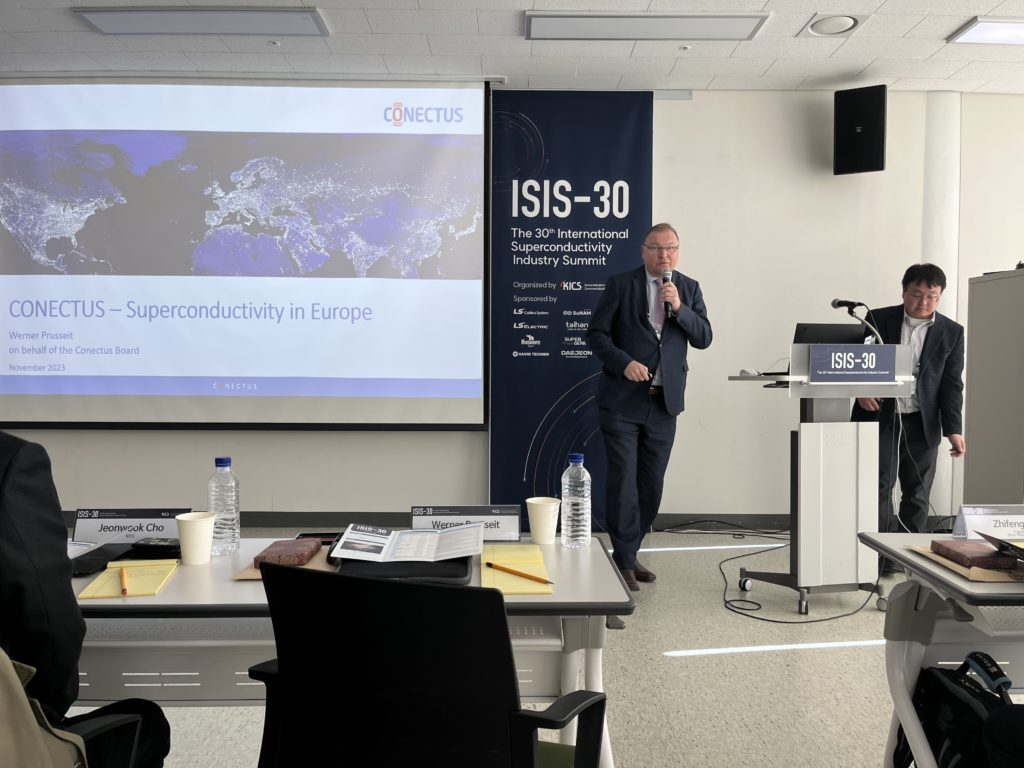
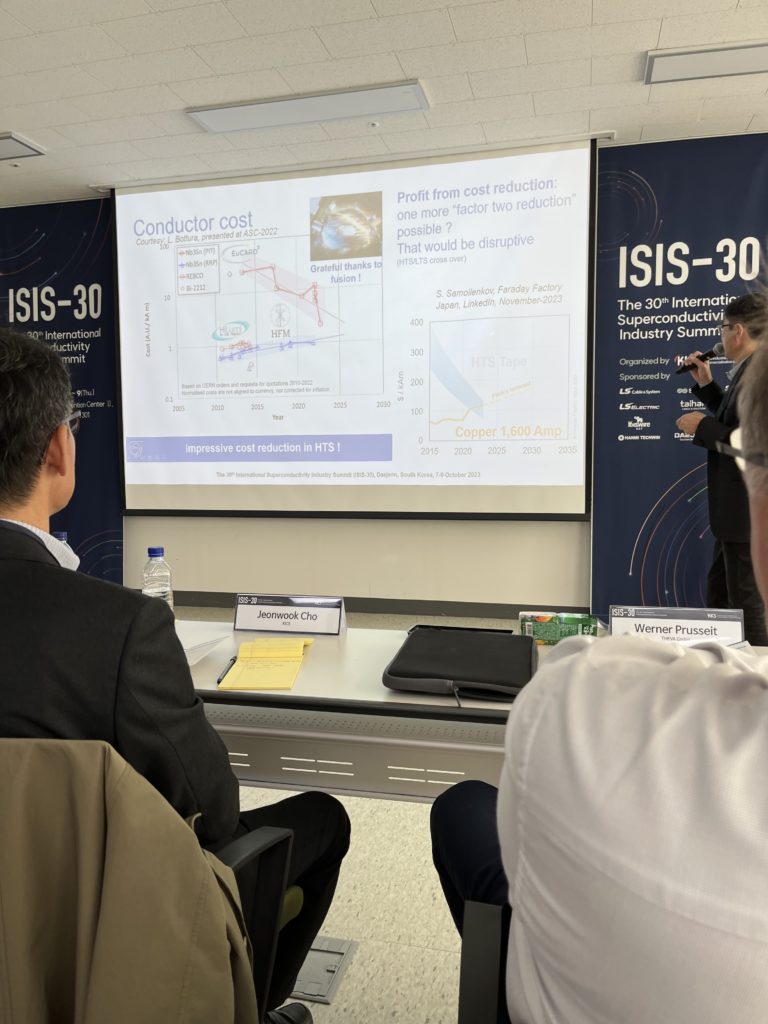
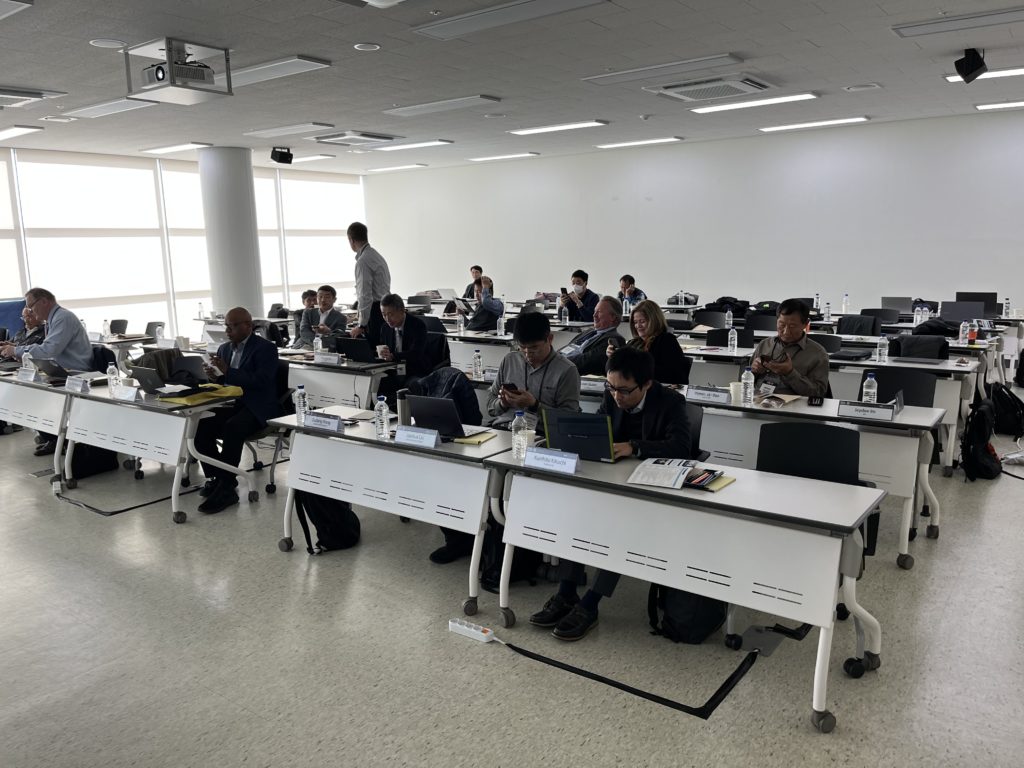
EUCAS 2025
European Conference on Applied SuperconductivitySeptember 21-25, 2025 | Porto, Portugal WEB: https://eucas2025.esas.org/ The biennial European Conference on Applied Superconductivity is ESAS’ flagship event. The event brings together workers in the Materials, Large Scale and Electronics aspects of applied superconductivity from across the world.
CONECTUS Early Career Award winners 2023
The Awards committee consisting of the CONECTUS Board + eleven other experts in their respective fields have selected the CONECTUS Awards winners from 11 applicants who had send their work for evaluation as follows:
1st and 2nd prize (shared position) Dr. Takanori Motoki from Aoyama Gakuin University, Japan
for his work: Development of homogeneous and high-performance REBCO bulks with various shapes by the single-direction melt growth (SDMG) method
and
Filip Antoncik from CAN SUPERCONDUCTORS, Czech Republic for his work:
Novel Approach for the Manufacture of Low Porosity, Single Grain EuBCO/Ag Bulk Superconductors Via Modified single-Direction Melt Growth
3rd prize Dr. Cornelia Hintze from THEVA for her work on High-temperature Superconductors for Magnetic Billet Heaters and for urban medium voltage electricity networks.
The winners have been selected by the awarding committee for the high quality of their work presented and for close proximity to market application.
The Conectus Awards were presented by representatives of CONECTUS Board during EUCAS closing ceremony.
